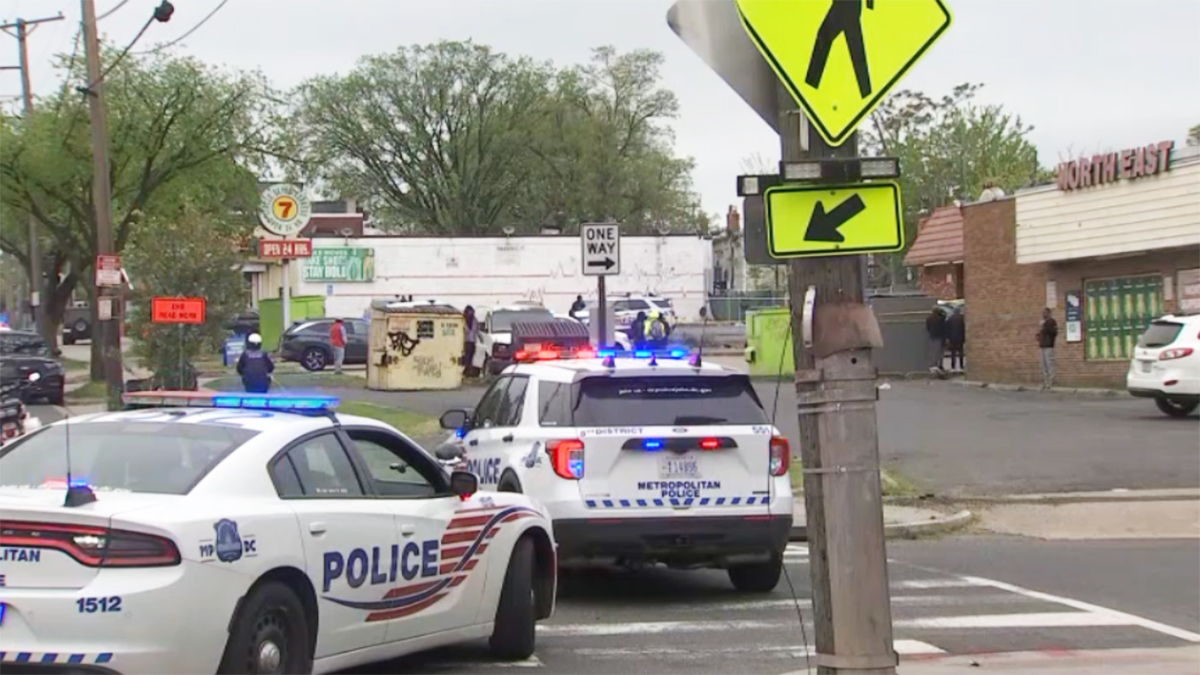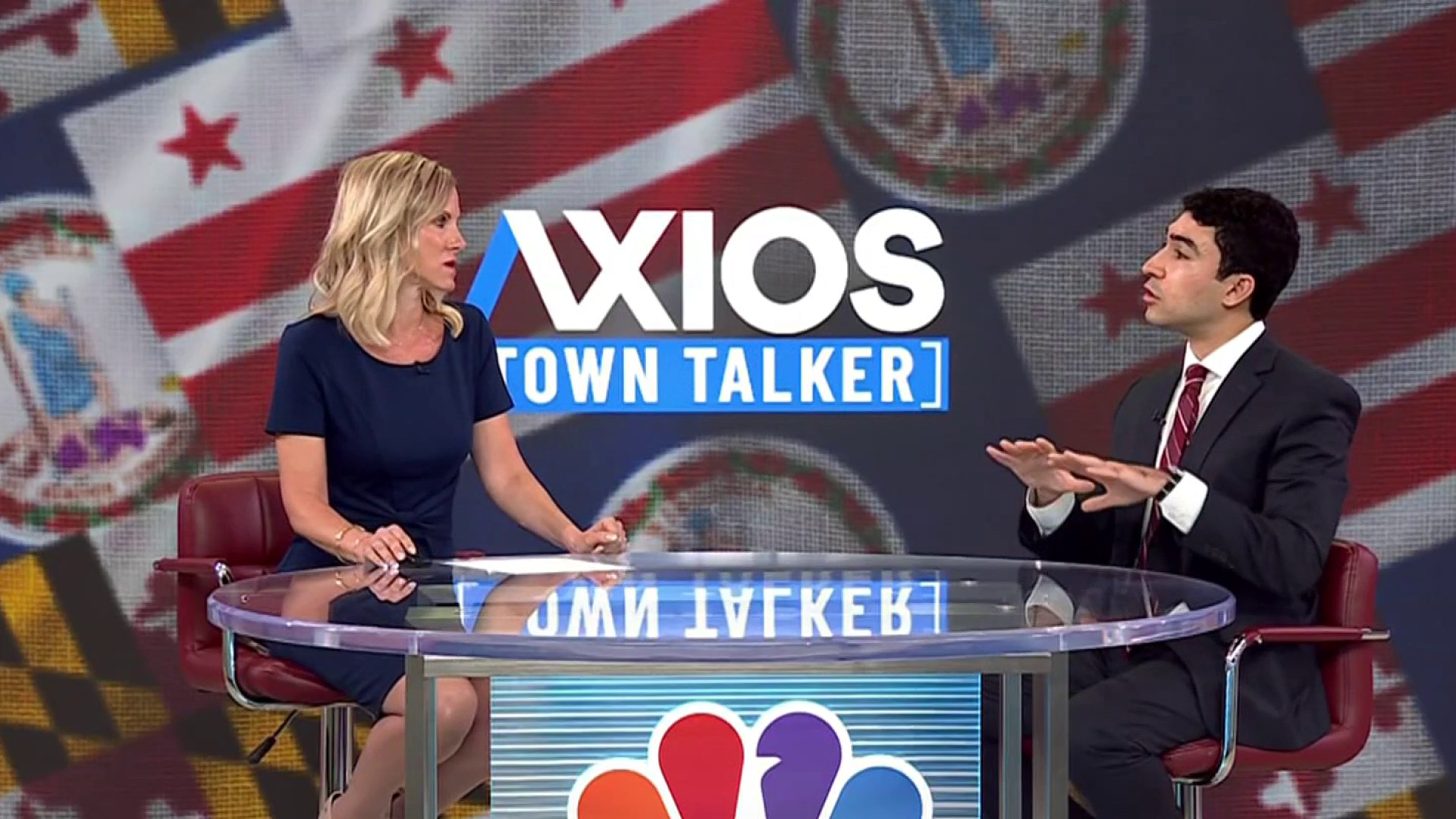College students and their parents may want to look the other way, as a new report shows that some schools in the D.C. area are some of the most expensive in the country, and the cost of higher education continues to skyrocket.
In an updated edition of its College Affordability and Transparency lists, the U.S. Department of Education ranked public and private schools with the highest tuition, net fees and year-to-year increases based on statistics from 2008-09 to 2010-11. Twenty of the area’s four-year institutions made it onto the lists, charging fees up to $20,000 higher than the national average and more than doubling tuition year-to-year.
Some on the list are well-known names in the D.C. area. George Washington University charges $42,905 for annual tuition, the fifth-highest rate in the nation. Other area schools, such as Georgetown, Johns Hopkins and the University of Richmond all charge more than $40,000 in annual tuition -- almost double the $21,949 national average. Howard University increased tuition by 21 percent, to $18,120, compared to a 9.7 percent average increase in private college tuition nationally. Even after factoring in scholarships and grant aid, the picture doesn’t get any rosier. Catholic University charges a net price of $33,528, making it the 20th most expensive college in the nation.
Students at the area's public colleges are also impacted. The $13,630 annual in-state tuition at St. Mary’s College in Maryland is the fifth-highest in the nation for public universities and is again almost double the $6,669 national average. When grant aid is factored in, St. Mary’s costs $19,944 per year and becomes the third-most expensive public university in the nation. The problem extends to the District’s public universities as well; the University of the District of Columbia for example, posted a 123 percent year-to-year tuition increase.
During a press conference announcing the updated results, Secretary of Education Arne Duncan said that the survey demonstrated alarming trends in higher education costs nationally.
“As costs keep on rising, especially at a time when family incomes are hurting, college will become increasingly unaffordable, not just in disadvantaged communities but for the middle class,” Duncan said.
Information Roundup:
Local
Washington, D.C., Maryland and Virginia local news, events and information
PUBLIC:
Tuition ($6,669):
St. Mary’s College, $13,630
Highest Increase(average 15%) :
UDC, 123% - $3,140 to $7,000
Net Fees ($10,471):
Christopher Newport University, $17,403
St. Mary’s College, $19,944
Virginia Commonwealth University, $16,398
Highest Increase (average 4.6%):
UBaltimore, 43% - $9,956 to $14,198
Coppin State, 40% -$6,054 to $8,497
PRIVATE:
Tuition (Nat Avg: $21,949):
GWU: $42,905
Georgetown: $40,203
St. John’s College: $42,192
JHU: $40,680
URichmond: $41,160
Washington & Lee: $40,387
Highest Increase (average 9.7%):
Howard, 21% 15,010 to 18,120
Sentara College of Health Sciences: $13,123 to $19,730, 50%
Bethel College: $3,025 to $4,525, 50%
Bluefield College: $15,640 to $18,800, 20%
Regent University: $10,280 to $12,330, 20%
Net Fees ($18,770):
CUA: $33,528
MD Institute College of Art: $32,294
Baltimore International College: $29,624
Highest Increase (average 6.1%):
Ner Israel Rabbinical College: $7,401 to $11,288, 53%.



